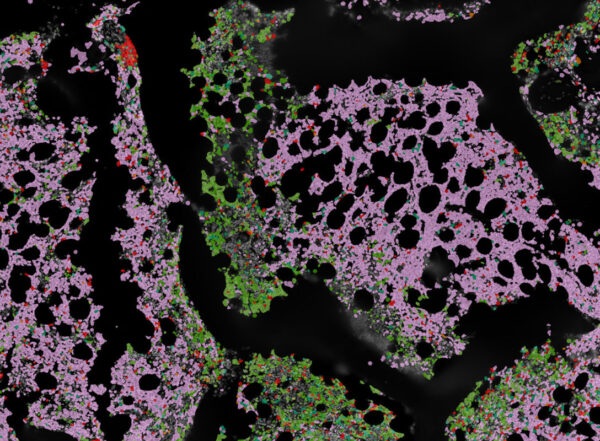Brain and Behavior Research Foundation awards grants to five researchers
Five researchers at Washington University School of Medicine in St. Louis have received Young Investigators Grants from the Brain and Behavior Research Foundation. The foundation is committed to alleviating the suffering caused by mental illness by supporting research that will lead to advances and breakthroughs in scientific research.
The $70,000 grants help junior investigators launch innovative basic, translational and clinical research studies that will help move the fields of psychiatry and neuroscience forward and ultimately improve the lives of those with mental illness. The researchers are:
- Ream Al-Hasani, PhD, an adjunct assistant professor of anesthesiology, who will study how levels of the body’s natural opioids change in response to rewards and threats. The findings could inform alternative approaches to treating addiction.
- Yao Chen, PhD, an assistant professor of neuroscience, who will investigate the relationship between schizophrenia and signaling between neurons.
- Rachel Lean, PhD, a postdoctoral researcher in psychiatry, who studies dysfunctional parenting and its effect on the developing brain networks of infants. She is studying the timing of brain network disruption and its effect on self-regulation, attention and cognitive function, with a goal of developing early parent-child interventions.
- Jordan McCall, PhD, an assistant professor of anesthesiology, who seeks to understand how two specific brain structures communicate during stress, and whether dysfunctional communication contributes to the negative behavioral consequences of stress.
- Thomas Papouin, PhD, an assistant professor of neuroscience, who is investigating the role that helper cells in the brain called astrocytes play in cognition, with a goal of improving understanding of brain disorders such as Alzheimer’s and schizophrenia.






